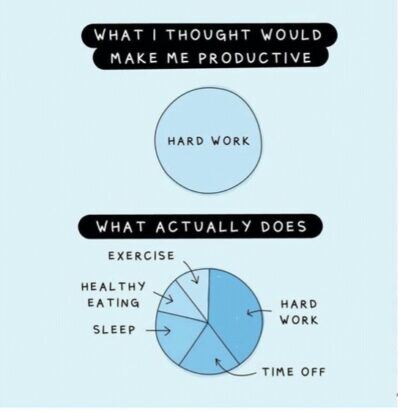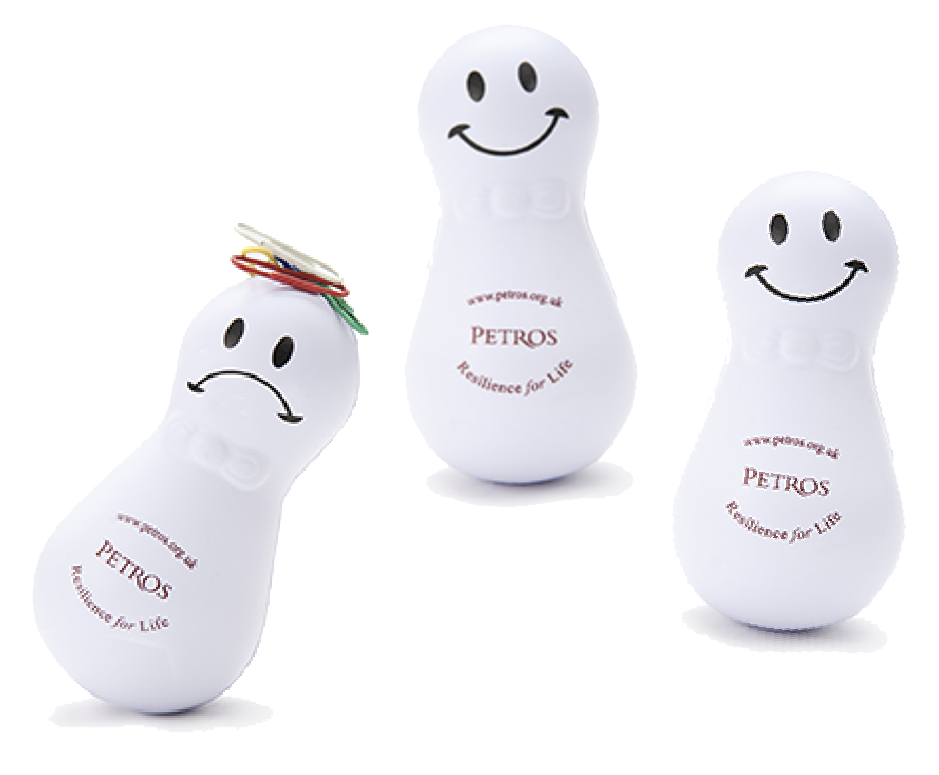We are the elephant in the wellbeing room.
And we are the elephant because no-one really wants to say, “you are bringing this misery on yourself!” I hope you are rearing up in fury at me, as I did with my friend, because this is how change starts.
When I challenge people about this drive to hurl themselves at 100mph to burnout, I get a variety of responses, all with a similar theme…
“My boss doesn’t mean it.”
“They (the bosses) say all this, and then pile on more work.”
“They have no idea how much I have to do.”
“I have to work 16 hours a day to reach the project deadline.”
“I don’t want to get the sack.”
“If I don’t work this hard it will reflect poorly in my annual appraisal.”
“I might not get my bonus.”
The reality is we are driven by an often consuming need to feel necessary, important and integral to the survival of our organisation. A key part of its success. It’s OK to have this need – it is after all what keeps us going. But it’s not OK when this need, this drive, gets in the way of our own wellbeing.
If we believe that the only way to be successful, necessary and productive is to flog ourselves until we drop, then we have a problem! If taking a break, not working 16 hours, spending time with family and having a lunch break fills you with dread or stresses you out, something has to change.
I’ve also found that many of our fantasies about what will happen if we stop, say no, or ask for more time, just don’t stack up against the evidence! Take, for example, the fantasy (or more accurately nightmare) that we will get sacked/a poor staff appraisal/be thought less of if we don’t work ourselves to death. Much of this fear is the stuff of urban myth – a legend that lingers in an organisational culture because there was once a crap manager who did actually threaten to sack someone. The fact that that manager was then sacked for being a bully seems to get scrubbed from the story. But the thing about fear is that it paralyses us, stifles our ability to think clearly and logically, and throws us into the realms of horror stories.
When we’re scared (or angry, or anxious) we become defensive. We can’t see the wood for the trees and opt for what seems like the best solution – work harder, be more productive, be the best and make ourselves indispensable.
As a short-term solution this might work. As a long-term solution it sucks. It is simply not sustainable. So next time the boss gives you a piece of work and you feel like panicking/resigning/crying/shouting, OR you are exhausted because you haven’t taken a break all day, or your eyes hurt because you’ve been staring at a screen, or you can’t remember what you’ve achieved because your brain has stopped working, there are two conversations you need to have.
One is with your boss.
Ask some direct questions about this additional work:
“When do I need to get this done by?”
“If I miss that deadline because I have an unmanageable list of things to do, will you sack me/will if get reflected poorly in my annual appraisal/will you think less of me?”
“Please can some of my other tasks get reassigned in order that I can get this done?”
“I will need to renegotiate some of my other deadlines – can you help me?”
The other is with yourself.
Ask yourself some direct questions and make sure you listen carefully to the answers, they will probably reveal the elephant in the room. Here are some examples:
“Am I fully engaged with what I’m doing?”
“Am I actually thinking consciously about how I manage the working day?”
“Do I stop for regular breaks?” (every 90 minutes recommended – just for 10 minutes)
“Am I eating and drinking enough to keep myself physically energised?”
“Am I getting outside at least once a day?”
“Am I talking to friends and family regularly?”
“Am I enjoying most elements of what I’m doing?”
“Do I spend any time doing things I enjoy?”
“Am I living (as far as possible in these crazy times) by my core values?”
If you answered “yes” to all of these, there are no elephants in your room, and you are probably thriving.
If you answered “no” to a few of them, you may be nurturing a baby elephant in there somewhere!
If you answered “no” to most, if not all of the questions, you are most definitely the elephant in your own room.
To shoo it out, start doing what the questions suggest and, if necessary, get some support from a friend, colleague or professional, because elephants, once installed, can be very hard to shift!

Professor Jo Clarke PhD is founder of Petros, find out more about Jo, her expertise and work.
Graphic: Liz Fosslien






